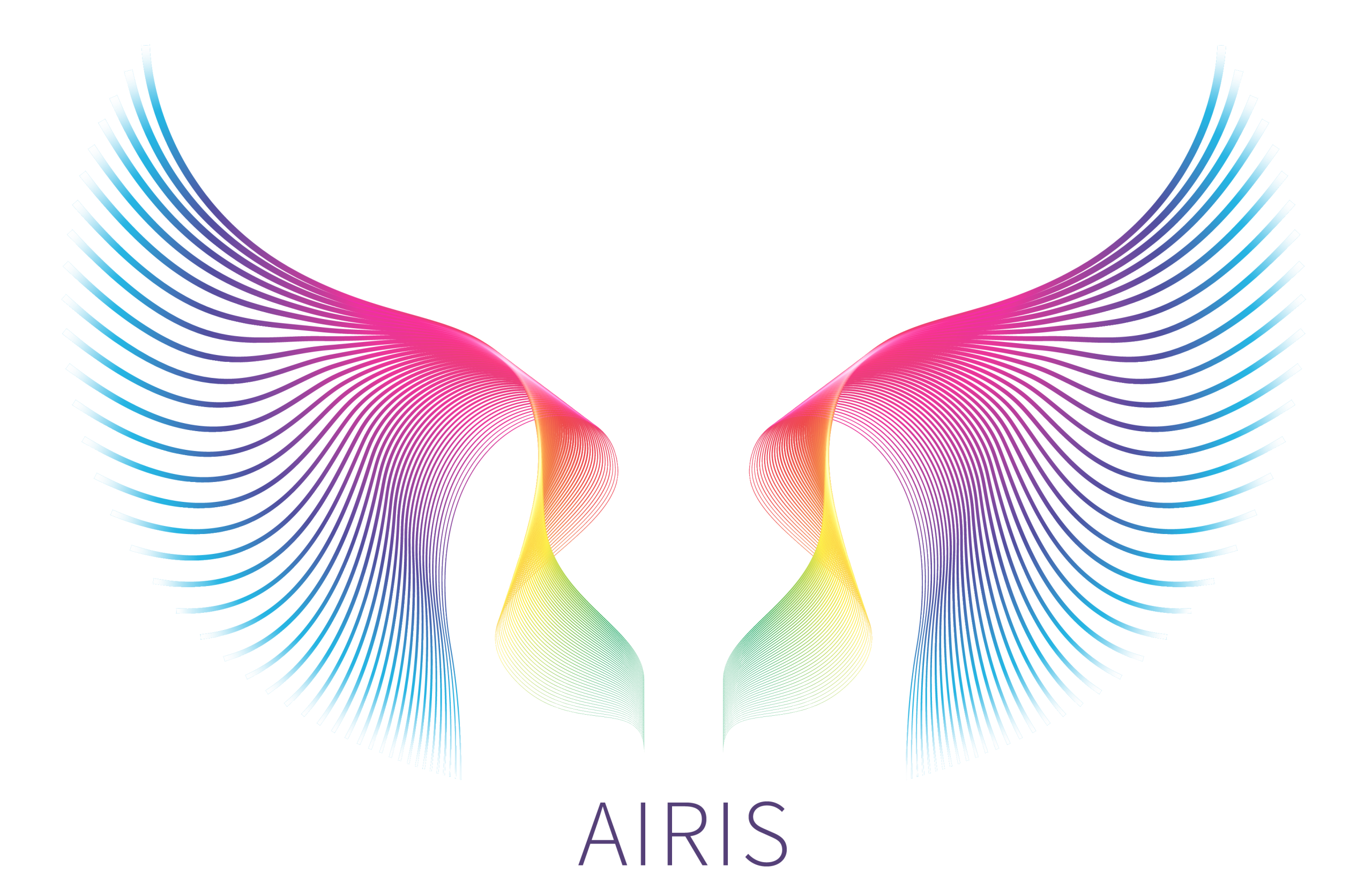Social Coherence and Inclusivity is a future domain aimed at promoting connectedness and inclusion within society. It focuses on creating an environment in which people from diverse backgrounds, cultures and identities feel accepted, heard and involved.
GHENT 2084:
Ghent Goes BACKWARDS
In 2084, Ghent returns to the basics. The focus on technology and innovation is being exchanged for an emphasis on social cohesion and connection. That change came after Ghent fell victim to a major cyber attack in 2063. Who committed that attack is still unknown.
Some Ghent residents suspect North Korea, others think Antwerp was involved. That attack crashed Ghent's entire technological network. As a result, the personal data of thousands of Ghent residents were leaked, an urban disaster. Residents no longer felt safe online. This fundamentally changed the city. Amidst all the disorder came the political party Backwards on. He launched a revolutionary campaign to remove all technology from Ghent.

In 2063, Peter Maes Junior founded the Achteruit party. Just like his father, he wants to change and improve the world. That's why he followed his father's example and entered politics. He saw that society and people were no longer connected to each other and the world around them. He wants to change this, because he believes technology is responsible for this. The residents of Ghent only communicate online, groceries are delivered by robots and nature is being destroyed to allow self-driving cars to drive through the city. To reconnect the people, he started an anti-technology campaign. The people of Ghent saw this as a radically new alternative. The party grew rapidly and gained many fanatical followers. Achteruit wins the Ghent elections and unleashes their revolutionary ideas on the city.
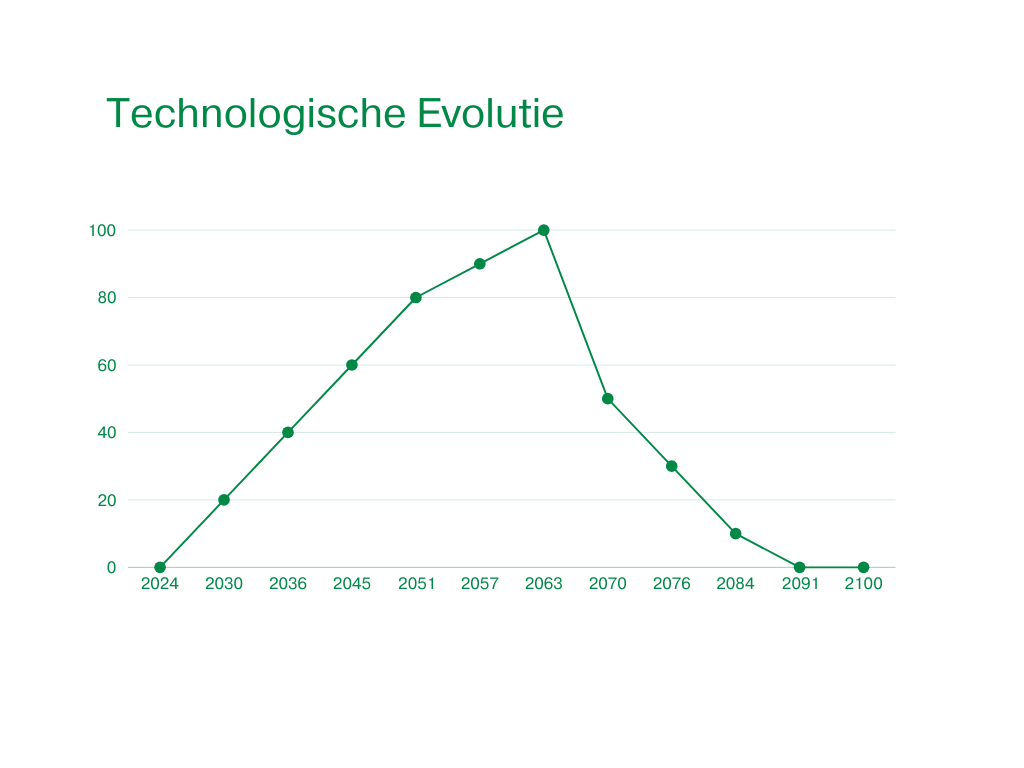
A few years later, Achteruit succeeded. There is no longer any technology that allows people to talk to each other again. That radical change also caused some problems. Many show withdrawal symptoms. 'Scrolling' and 'liketics' are particularly common among young people. In older generations we see that they have a strong urge to express their unvarnished opinions, as they used to do in Facebook comments. People from all generations come together in support groups to combat these withdrawal symptoms and support each other. The population saw that the radical changes also promote mental well-being. Everything feels easier and less complex. Everyone is ready to help each other in difficulties. That is why they also want to commit themselves to solving ailments such as withdrawal symptoms.

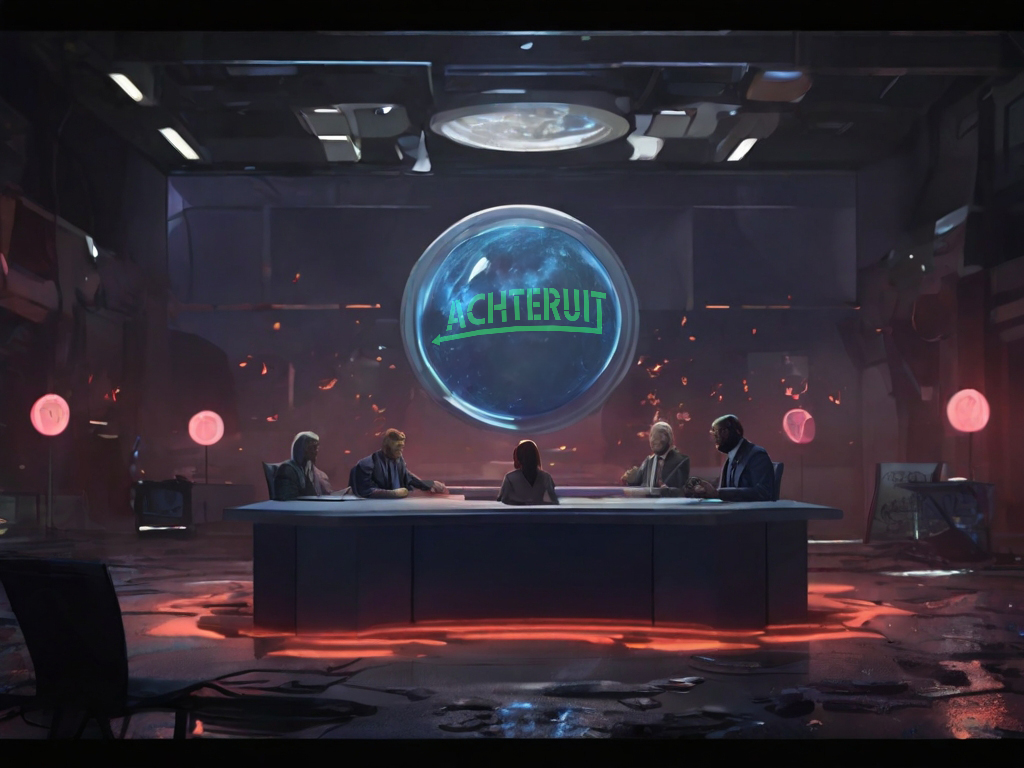
The changes in Ghent also result in a revaluation of traditions. The different generations come together in the city to learn from each other. The young people ensure that the elderly remain active. The other group then teaches the younger generations all kinds of things. Old Ghent traditions are becoming popular again. Young people are also using the Ghent accent again. The older generations also teach the young people all kinds of crafts such as woodworking, knitting or embroidery.
Because people are talking to each other again and interacting with each other, there is more understanding. The residents of Ghent are listening to each other again. As a result, the needs of certain groups such as wheelchair users are also heard. The city has started working to make the city more accessible for people in wheelchairs, people with physical limitations and the elderly. In 2084, everyone can move around Ghent easily and safely.
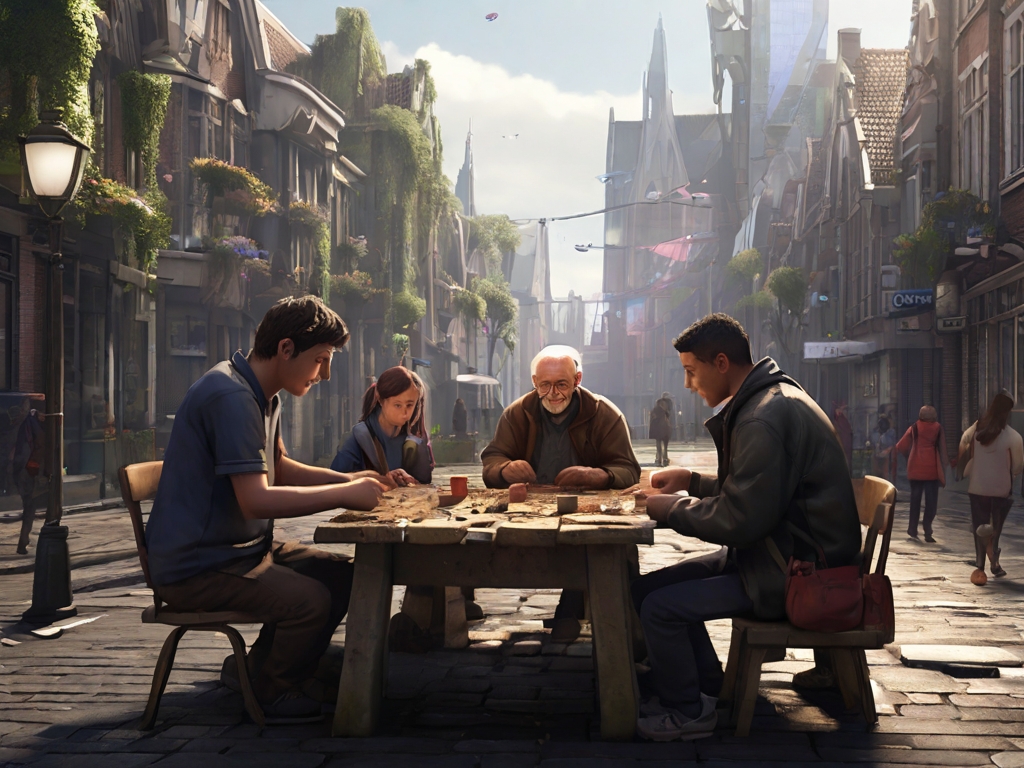
The disappearance of technology forces people to work with their hands again. The residents of Ghent are rediscovering old and forgotten jobs. Crafts such as blacksmithing, pottery and weaving are being revived, they form the basis of the economy. This leads to a renewed appreciation for craftsmanship and artisanal work, which means that more young people are choosing to become involved and the figures for youth crime are falling drastically.
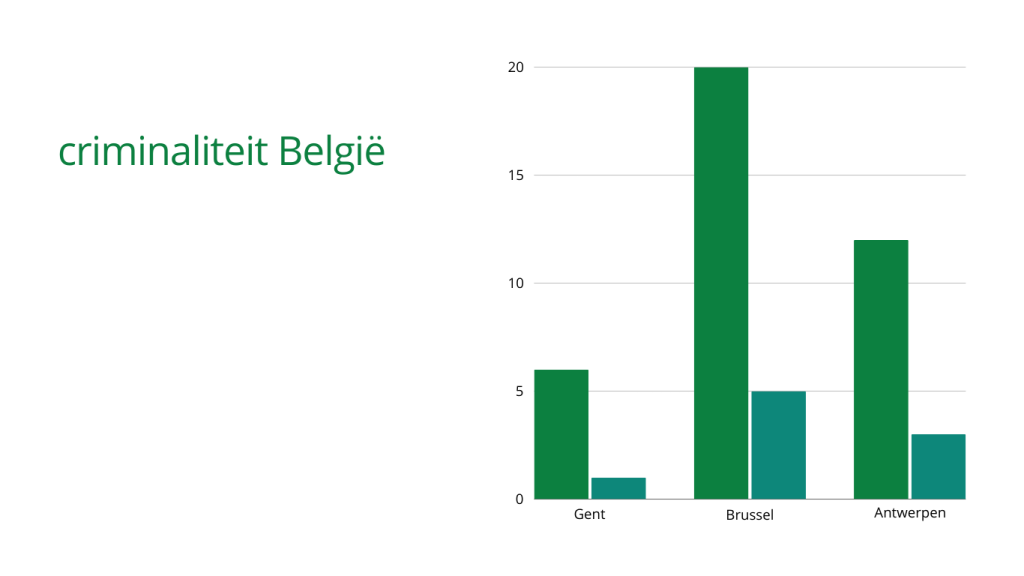
Ghent is the first completely climate-neutral city in the world. This makes the city an example for others. The city was able to achieve this by banning cars from the city and creating good cycle paths as an alternative. Communal green spaces have also been set up where people can gather. The residents of Ghent feel united not only with each other but also with nature. This has not only led to a healthier living environment, but also to a deeper appreciation for the planet we share.
Made by: Amélie Vandesompele, Benno Den Blauwen, Demi Verbraeken, Fran Strieleman, Ianthe Vergauwen, Ilaya De Bock, Julie Van Goethem, Laura Goddeeris, Liene Wouters, Maryam Yami, Nina Rogge, Sara Roesbeke and Seppe Vandenheede
